Dog Training Services
Expert trainers specializing in positive reinforcement for all dog behavior challenges
Aggression & Reactivity
Heidi specializes in managing aggression and reactivity, ensuring a safe environment for all dogs.
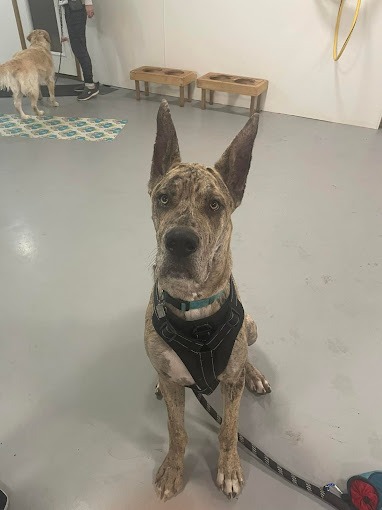

Puppy Training
Dillan excels in puppy training, focusing on foundational skills for a well-behaved adult dog.
Service Dog Training
Specialized training for service dogs, tailored to meet individual needs and enhance assistance capabilities.
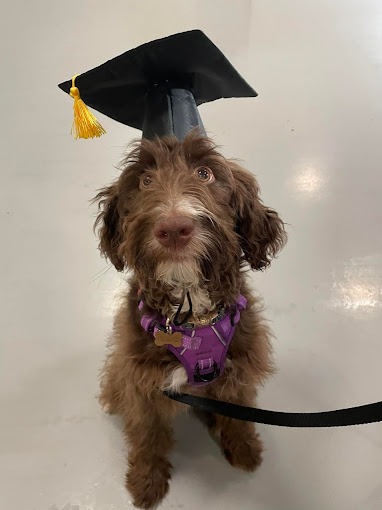

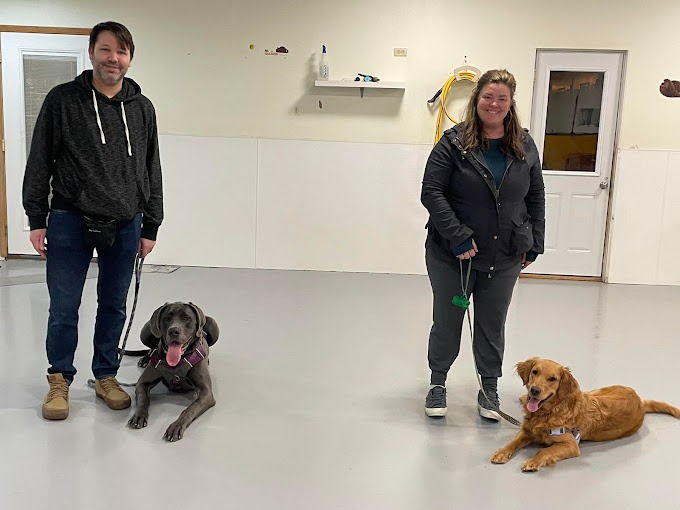

Dog Training
Positive reinforcement training for dogs in Wright County, Minnesota.
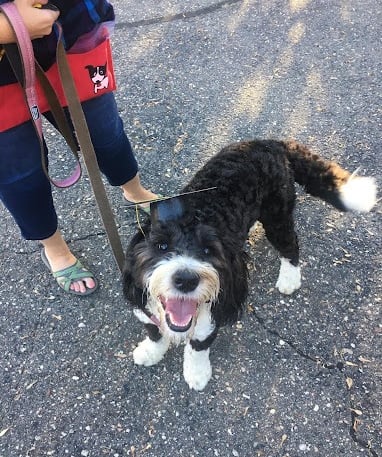

Aggression and Reactivity Training
This training is specially designed for dogs that are reactive or aggressive toward other dogs or people. These are the dogs don’t do well in daycare or social settings. Dogs can become reactive for a variety of reasons, from poor socialization or trauma to genetic and mental health issues. This class teaches owners how to interpret their dog’s body language and intervene before a confrontations with another dog arises. We learn focus exercises and work on systematic desensitization using decoy dogs to overcome overstimulated reactions so your dog can learn to coexist with others instead of spending life in isolation. f
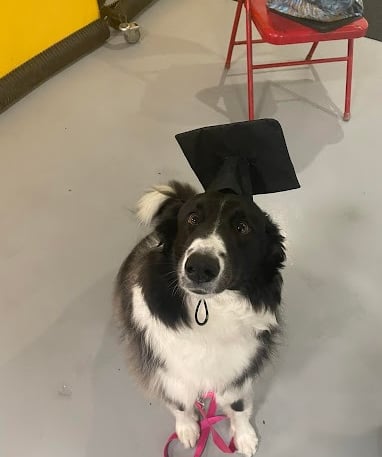

Service Dog Training
Heidi has been training service dogs since 2022 after completing several courses and certifications in service dog tasks and training. As someone who lives with a several disabilities herself, and has her own owner trained service dog, she is excited to be able to assist others in our community with disabilities.
Our obedience classes are designed to train to a service standard. Not all dogs will graduate and become a service dog, however they will graduate prepared to go on to do public access testing through the Assistance Dog International program.
FREQUENTLY ASKED QUESTIONS ABOUT SERVICE DOG TRAINING
Q. Does my dog need to pass an exam to be a service dog?
A. No. Your dog does not need to pass any exams and can be owner trained for public access. The Assistance Dog International exam is available and sets a very good standard for how a service dog should behave in public but the exam is not required.
Q. Do I need to register my service dog?
A. No. There are many scam services out there that will ask you to pay to have a "registered service animal" or a "registered emotional support animal" however, these services are mostly scams and do not meet any national standard that requires registration.
Q. Can I make my dog a service dog to bring them everywhere with me?
A. No. A service animal is an animal that has been trained to perform a task to assist someone with a disability. These animals go through special training and are heavily desensitized to be able to handle working in a public environment.
Q. What qualifications do I need to have a service dog?
A. Service dogs are there to assist with disabilities. If you have a disability of any kind and you believe a service dog would be an assistance to you than you qualify to have a service dog.
Q. What kind of dogs make the best service dogs?
A. Any dog can be a service dog. The most commonly used dogs that tend to take to it well are Collies, Poodles, Labs and Golden Retrievers. However there is no specific breed requirement and I have trained everything from Chihuahuas to Pit Bulls to be an assistant to a person with a disability. The breed does not matter, the bond does.
Q. Is an emotional support animal a service dog?
A. No. An emotional support animal is just a companion with a letter from a therapist that allows them to stay in your home despite any pet policies the landlords may have. Emotional Support Animals are not trained to perform any tasks and should not be taken in public as a service animal as they are not prepared for public access and can become a burden to those who need a service dog with them in public. Because of the rapid increase in people passing emotional support animals off as service dogs, it has become increasingly difficult for people who are truly disabled to receive fair treatment in public.
Q. How long does it take to train a service dog?
A. I usually tell my clients to plan on training consistently for a year. It does not take long to train tasks however, the general obedience for public access can take time and most dogs that come in for service work start as puppies which means we will be working through their growth stages and stages of mental development. There is no specific time period that it takes and it does depend on the type of service you need and how consistent you are with the training.
Q. What is a starter dog?
A. Starter dogs are dogs that have received a certain amount of obedience and task training prior to coming into the home of someone with a disability. These dogs are usually very expensive but may be a very good option for those who are severely disabled and are not able to do the initial training with their dogs. The person with the disability will go to training with the dog to train the dog to alert to their needs once they are paired.
Q. Do you train starter dogs?
A. I do not supply or train starter dogs, though I would love to if the future allows for it.
Q. How early should I start service dog training.
A. You can start obedience training and socialization when the puppy is very young. However, I recommend holding off on task training with very young puppies, with the exception of training a retrieve. When puppies are under a year they go through several stages of development and will go up and down in their training and can be frustrating as sometimes they may go backwards around 6-8 months when the flight period kicks in. However, if you are consistent with your obedience they will grow out of it and the obedience will stick.
Q. What do you charge for service dog training?
A. I will work with you on the cost, as I know training a service dog can add up quickly. It is not cheap and many people with disabilities may be financially limited. However, I work on a sliding scale and will work within the budget of a disabled person to make sure training is accessible to everyone and not just those who are affluent or can easily afford such things. For specific pricing please reach out to me directly.
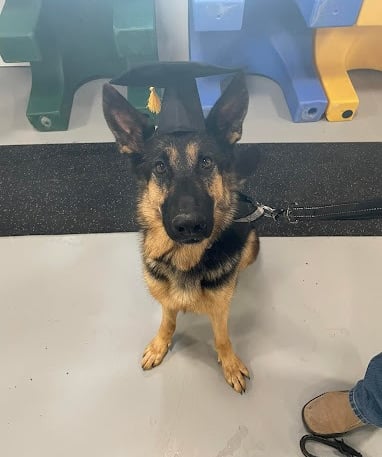

Private in-home training is available for dogs that are in need of a little extra attention. Dogs that are not neutered, unable to or are to young to be vaccinated and/or neutered, and dogs that have significant issues or are too reactive or anxious to be in a class setting. Generally, private training can range from 2-6 sessions depending on the severity of the issue. We meet weekly at your home and may progress to working in public should it become necessary.
Private Training
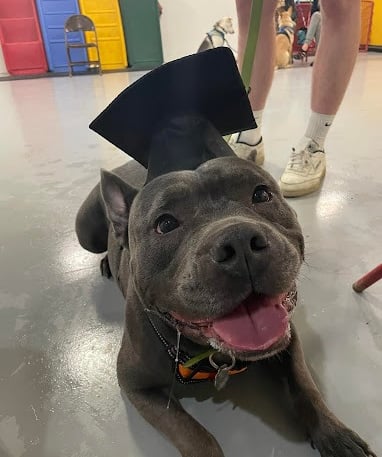

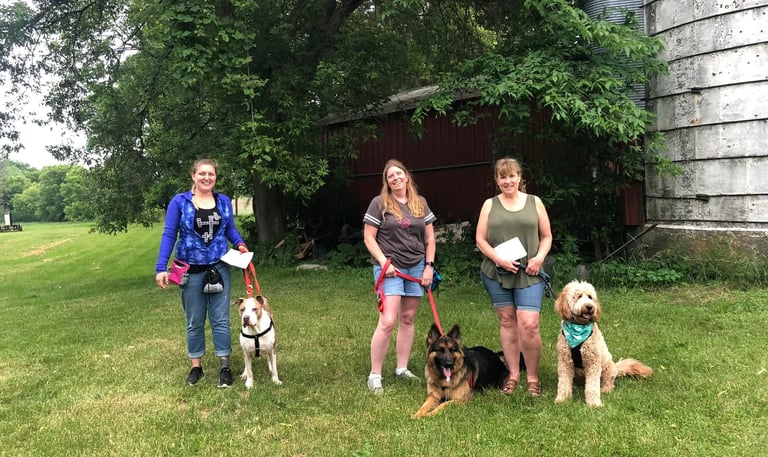

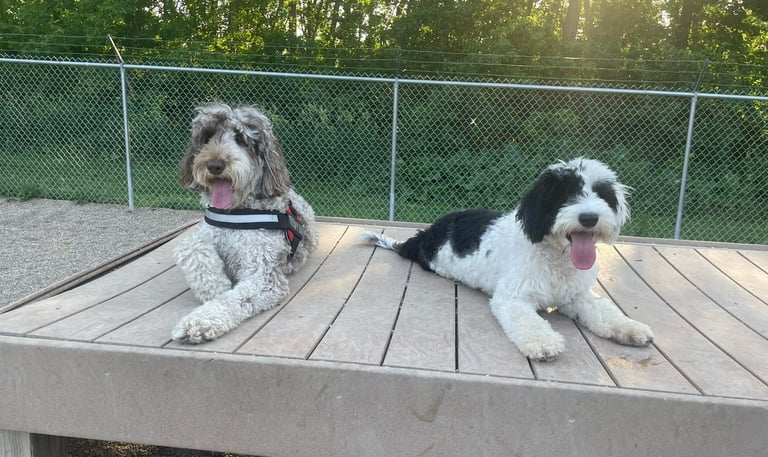

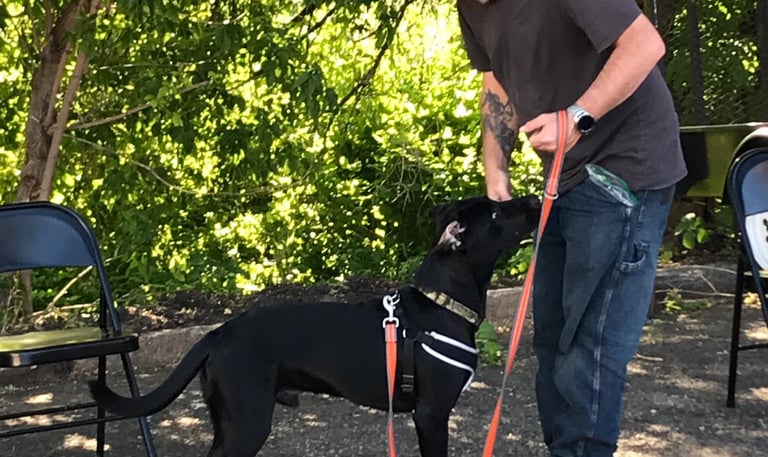

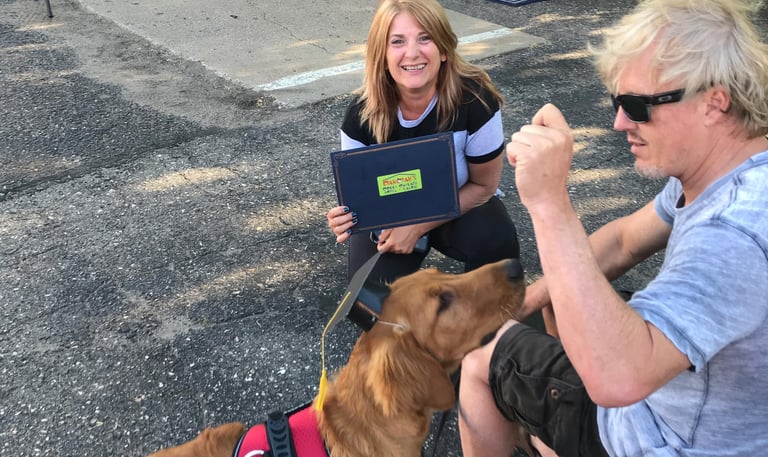

Customer Reviews
See what our clients say about our dog training services.
We consulted Heidi for help with multiple barking issues with our two dogs. After just one session and following Heidi's instructions and recommendations, we we're amazed at the improvement we saw in both dogs in just 2 to 3 days. The dogs are attentive, responsive and we are now able to enter our house when we come home without barking chaos.
We are also working with Heidi on kennel training for both dogs who are older and again are amazed with the results after just one session. One of our dogs was very timid around the kennel and she is now going in and out easily. The other night she went and sat in the kennel on her own.
Heidi was amazing with our dogs, extremely knowledgeable, and a pleasure to work with. We highly recommend her services. Thanks Heidi!
Karen C.
Buffalo, MN
We had already been to 6 of the 8 sessions we paid for with another trainer but none of their advice was helpful for our boy. In fact, for his food aggression, they had told me to feed him in his kennel which only made it worse. We've only had 2 sessions with Force Free Paws and our Marshall is already starting to do better! They've given us more than one way to do things so we can figure out what works best for our family. They're also helping me teach my dog certain tasks so I can take him out in public as my service dog.
Megan
Buffalo, MN
